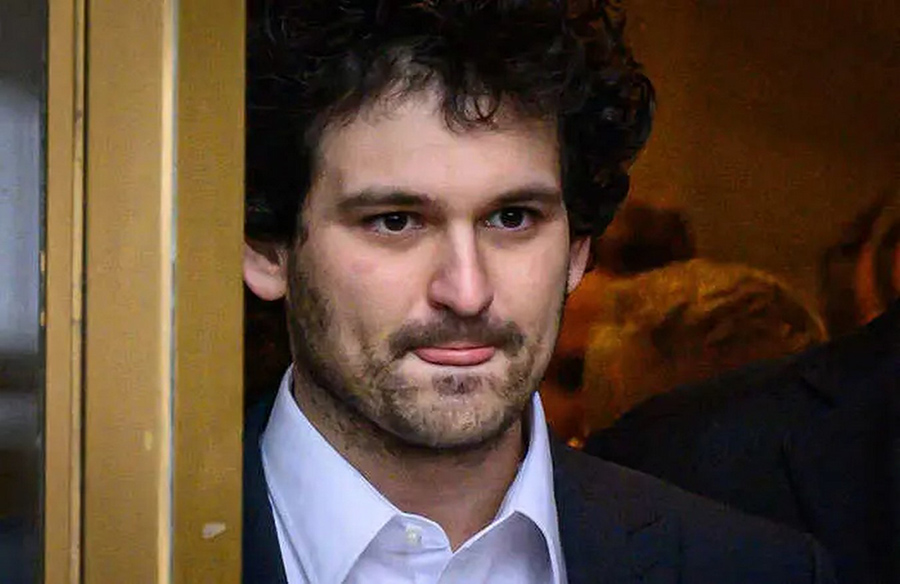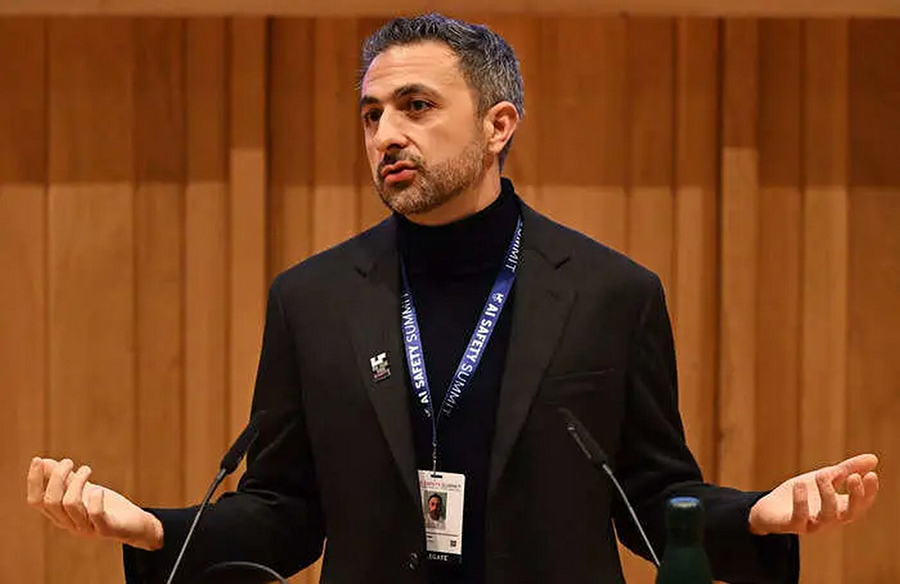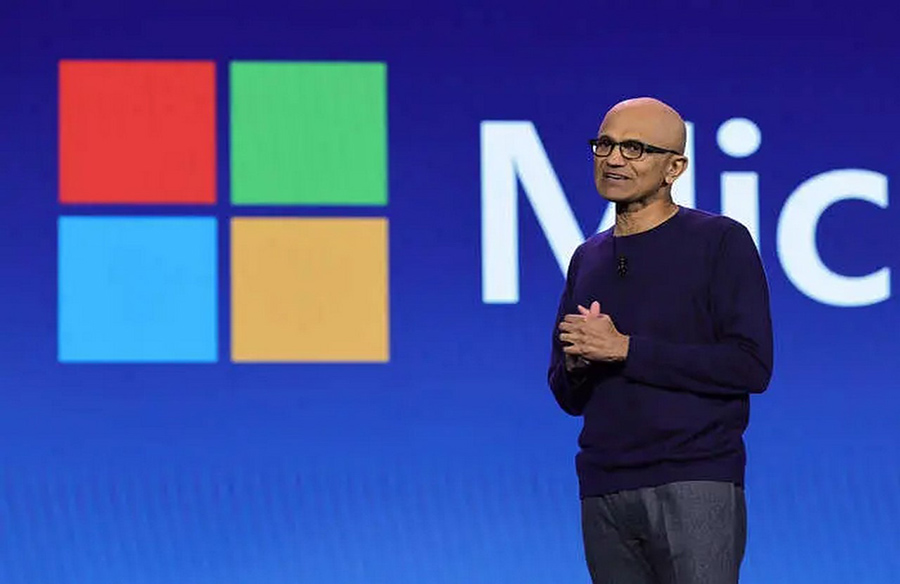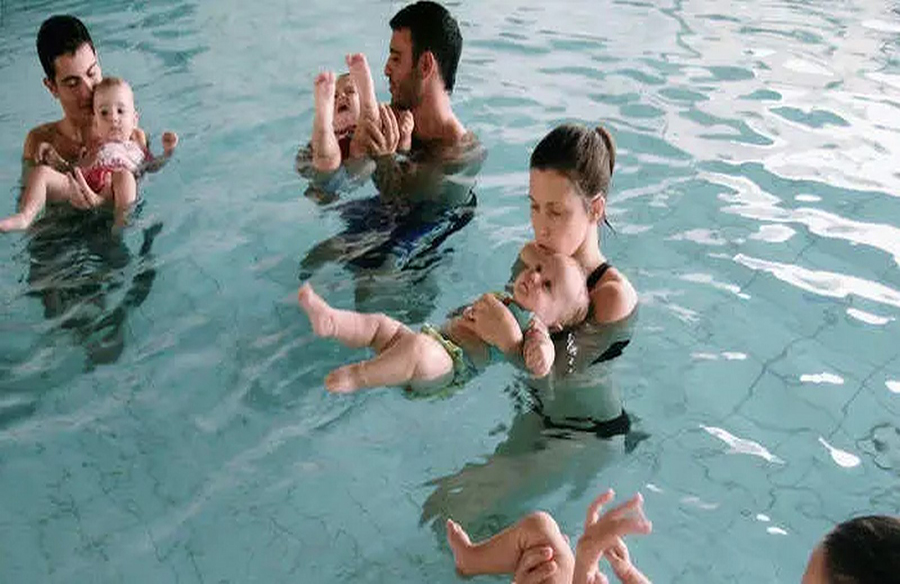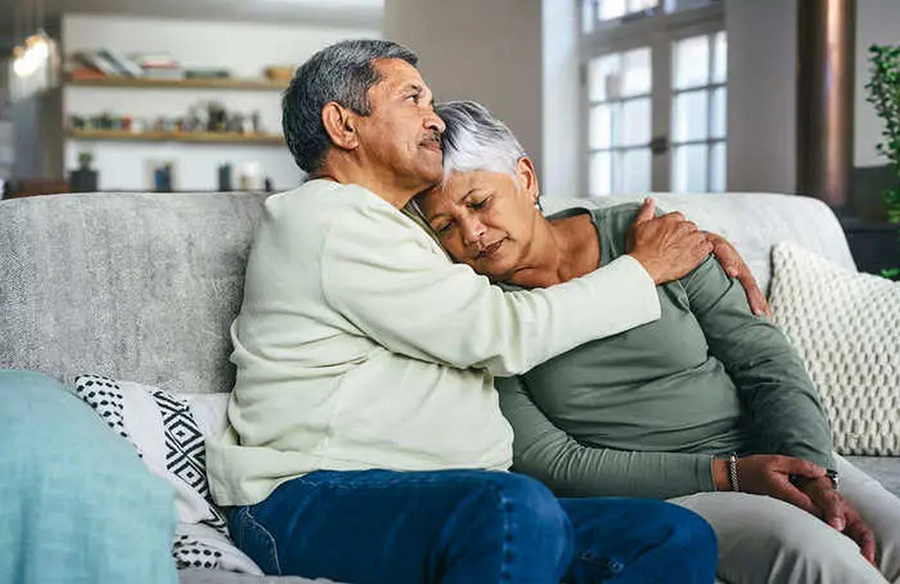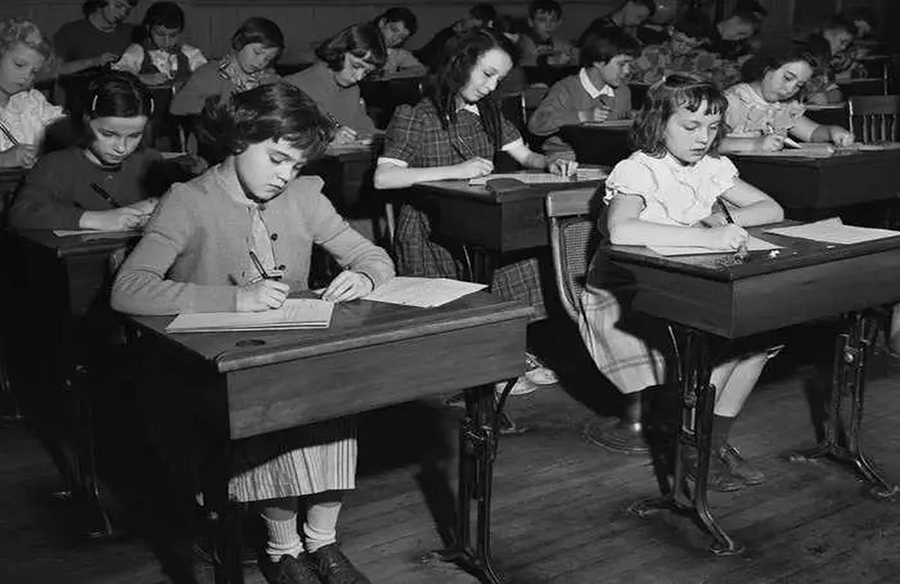Navigating Conversations About Cancer with Children: Insights from Kate Middleton’s Announcement

Kate Middleton, the Princess of Wales, recently disclosed her battle with cancer in a heartfelt video message, ending weeks of speculation about her health. In her announcement, Kate emphasized the challenge of explaining her diagnosis to her children amidst their ongoing concern and confusion. This candid revelation sheds light on the importance of navigating conversations about cancer with young ones.
Honesty and Clarity
Child psychologists and medical experts stress the significance of approaching discussions about cancer with children with honesty and clarity. Elizabeth Farrell, a clinical social worker at Dana Farber Cancer Institute, emphasizes the necessity of using clear language, including directly addressing the term “cancer.” This approach fosters trust between parents and children, reassuring them that they can rely on open communication during challenging times.
Dr. Ari Yares, a pediatric psychologist, advises against using euphemisms when discussing cancer with children, as they can lead to misunderstandings. Instead, parents should provide clear explanations about the diagnosis, treatment plan, and potential side effects, ensuring that children feel informed and supported throughout the process.

Tailored Conversations for Different Ages
Medical experts recommend tailoring conversations about cancer to suit children’s ages and comprehension levels. Dr. Jonathan Villena, a spokesperson for the American Cancer Society, outlines specific guidelines for discussing cancer with children of various age groups.
For young children, routine and reassurance are crucial, as they may struggle to understand the implications of a cancer diagnosis. Older children can grasp the concept of illness to varying degrees, requiring parents to offer age-appropriate explanations and emotional support. Teenagers, equipped with a deeper understanding of cancer, may seek more detailed information about the diagnosis and treatment, necessitating honest and transparent discussions.
Addressing Common Concerns
Parents should be prepared to address common concerns and questions that children may have regarding a parent’s cancer diagnosis. Young children may worry about the possibility of catching the disease or feel guilty for their parent’s illness. It’s essential for adults to alleviate these fears by reassuring children that they are not responsible for the cancer and that it is not contagious.
Moreover, children of all ages may express concerns about their parent’s prognosis and potential outcomes. While parents should maintain a positive outlook whenever possible, honesty is paramount, especially when discussing uncertain prognoses. By providing reassurance and maintaining open lines of communication, parents can help children navigate their emotions and fears surrounding cancer.

Seeking Support
In addition to relying on their support network, parents can access online resources and support groups tailored to families affected by cancer. These resources offer valuable guidance and assistance in navigating difficult conversations and providing emotional support to children throughout their parent’s cancer journey.
Conclusion
Kate Middleton’s candid disclosure of her cancer diagnosis underscores the importance of open and honest communication when discussing cancer with children. By prioritizing clarity, reassurance, and tailored support, parents can help children navigate the complexities of cancer with resilience and understanding. Ultimately, fostering an environment of trust and communication enables families to navigate the challenges of cancer diagnosis and treatment together, ensuring that children feel supported and informed every step of the way.


 English
English 


































































































































































































































































































